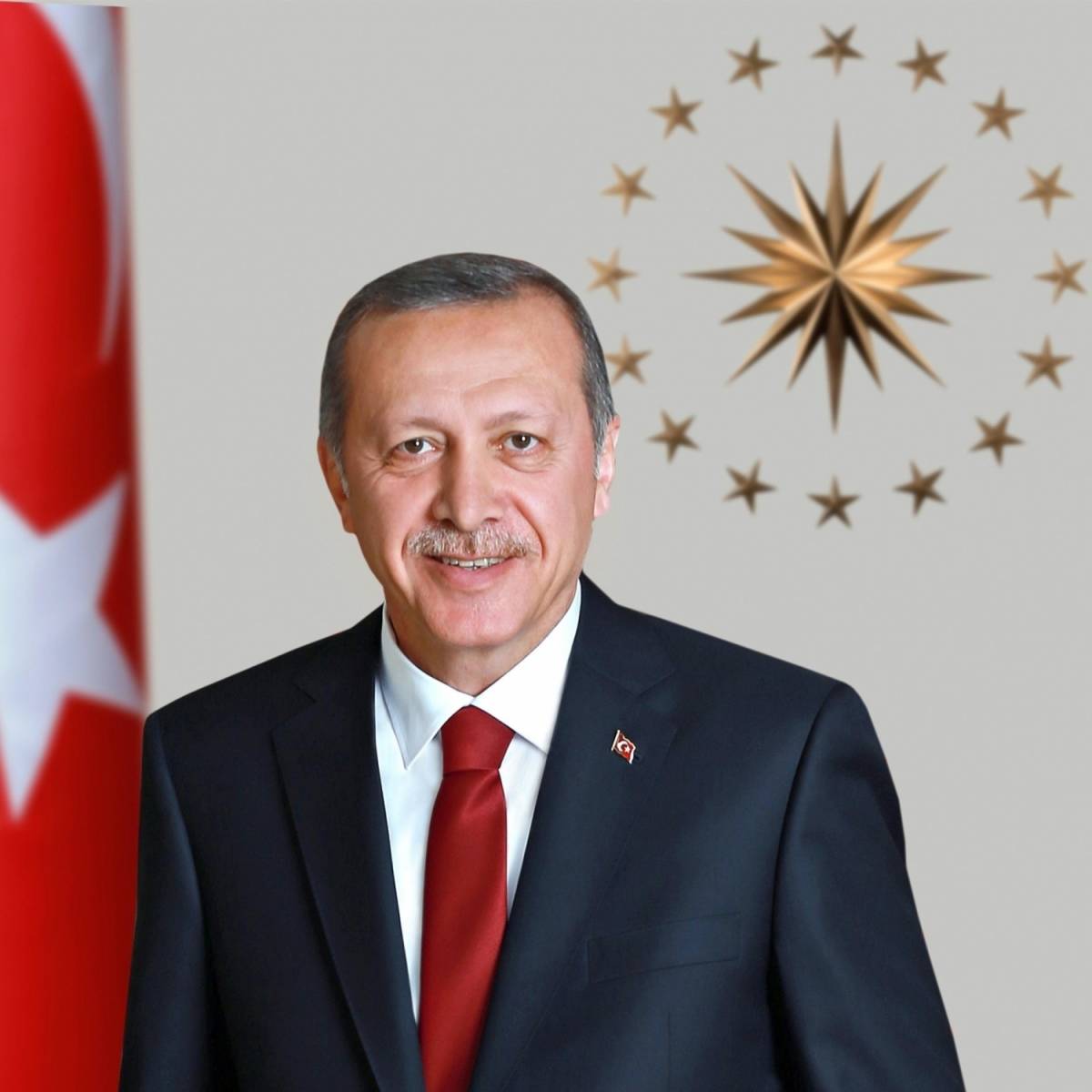Turkish President Recep Tayyip Erdogan says the country is aiming to become “logistics superpower” by 2053. The Europe-Asia-Africa trade triangle, in which Turkey is located, offers great opportunities for the country especially in the field of transportation
Turkish President Recep Tayyip Erdogan said on Tuesday that Turkey aims to become a logistics superpower as part of the country’s 2053 vision.
The Europe-Asia-Africa trade triangle, in which Turkey is located, offers great opportunities for the country especially in the field of transportation, he said at a press conference after a cabinet meeting on Tuesday, Xinhua news agency reported.
Turkey has already made significant investments worth $172 billion in five main transportation sectors since 2003, he added.
The railway investments have come to the fore. The railway network has been expanded from 10,959 km to 13,022 km, which will be lengthened to 28,590 km by 2053, he noted.
The share of railways in passenger transportation is planned to increase from 1 per cent to 6.2 per cent, which is above the European average, the Turkish president said, adding his government aims to make 22 per cent of freight shipment by railway in 2053.
Turkey will also improve the road service level with new investments, expanding the divided road network from 28,650 km to 38,000 km, and the highway network from 3,633 km to 8,325 km by 2053, he added.
ALSO READ: ‘UAE, Turkey to establish new era of sustainable growth’
Nearly 255 million tons of cargo will be transported through Turkish ports next year, and this figure will be approximately 421 million tons in 2053, he said.
For this purpose, the number of port facilities will increase from 217 currently to 255 in 2053, Erdogan added.
The Canal Istanbul project is of critical importance in terms of reducing the ship traffic in the Bosphorus, the president noted.
The number of airports will increase from 56 to 61 in the coming years, Erdogan explained.
Inflation Breaks Record
Turkey’s annual inflation hit a new record high at 61.14 per cent in March, featuring rising energy and food prices, the country’s Statistical Institute announced.
The country’s consumer prices rose by 5.46 per cent month on month in March, according to the data released by the institute.
The highest annual price increase was in transport with 99.12 per cent, followed by foods and non-alcoholic beverages with 70.33 per cent, and furnishings and household equipment with 69.26 per cent, respectively, reports Xinhua news agency.
Meanwhile, the domestic producer price index increased by 9.19 per cent on a monthly basis, with an annual rise of 114.97 per cent in March.
Turkey has been struggling with elevated inflation, which has put pressure on its population with rising living costs.
Economists predict that the country is likely to live with high inflation throughout 2022.
The war between Russia and Ukraine has also prompted inflation over increasing energy prices. Erdogan announced in December last year a record 50 per cent rise in the minimum wage to help offset surging living costs amid high inflation and a currency slump.
The government also reduced the value-added tax on basic food products and basic necessities.
Turkey’s central bank has kept the benchmark interest rate unchanged since January, halting an easing cycle that sparked a currency slump in the second half of 2021. The Turkish currency lira has lost roughly 60 percent of its value since 2021.

Leave a Reply